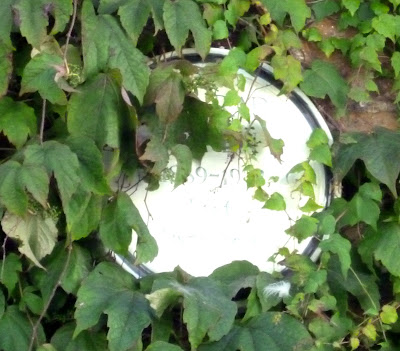The art critic Andrew Graham-Dixon says that he sees Edward Burra (1905–76) as an overlooked genius of British art. I was fortunate enough to catch the exhibition of Burra's work at the Djanogly Art Gallery, Lakeside, Nottingham University, last weekend before it closed yesterday.
Burra suffered from chronic arthritis but never had to worry about money as he was the son of a rich lawyer and was born at a house named Springfield in Rye, Sussex, where he spent his life when not travelling. Although critics have associated him with surrealism, he refused to identify with any particular movement or school, and his influences are drawn from popular culture as much as high: he was educated at Chelsea College of Art and loved 'B' movies perhaps as much as art galleries. Essentially he was an asexual voyeur and once claimed that he only had one erection in his life – while watching a Mae West movie.
France delighted Burra, where he particularly enjoyed the night life of Paris and painted dancers and prostitutes; he also loved New York City, particularly the bright, lively, working-class atmosphere of Harlem, and also stayed in Boston with his friend the poet Conrad Aiken, who saw him as a major painter of American life.
Another thing he loved was the seediness of Spain, although his work became much darker after the massacres and the general destruction of the Spanish Civil War. As World War II shortly followed, the darkness increased, with soldiers depicted as predatory birdmen with long beaks.
Burra was an elusive character, an outsider who loved painting outsiders, and he didn't like talking about his work. He only gave one interview, in which he comes over as very bored and verbally constipated, even (playfully?) nihilistic. When asked 'What matters?', he replies 'Nothing'.
Below is a link to a fascinating and very informative one-hour documentary about Burra's art and life, told by Graham-Dixon.
–––––––––––––––––––––––––––––––––––
'I Never Tell Anybody Anything': The Life and Art of Edward Burra











